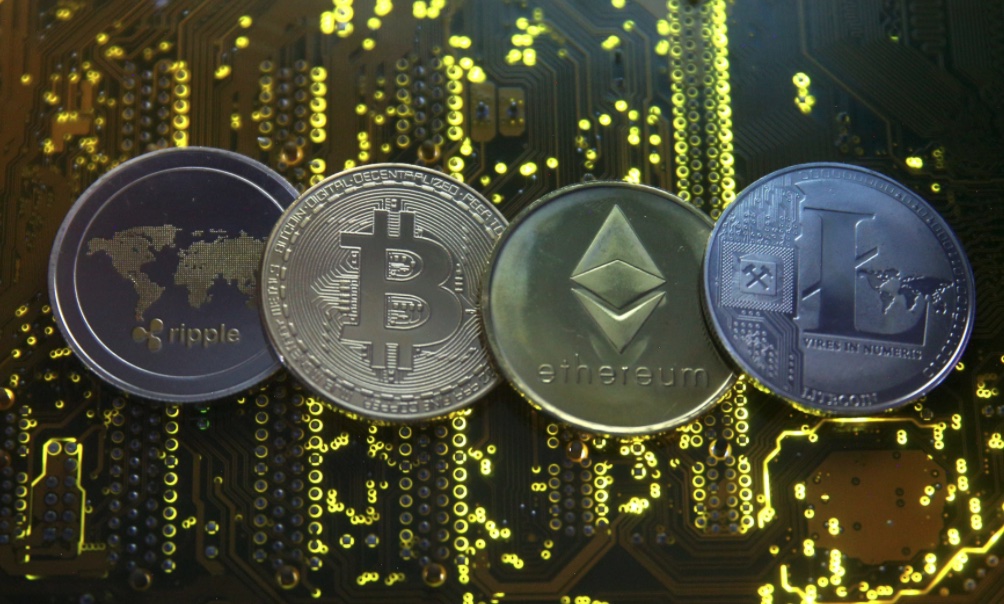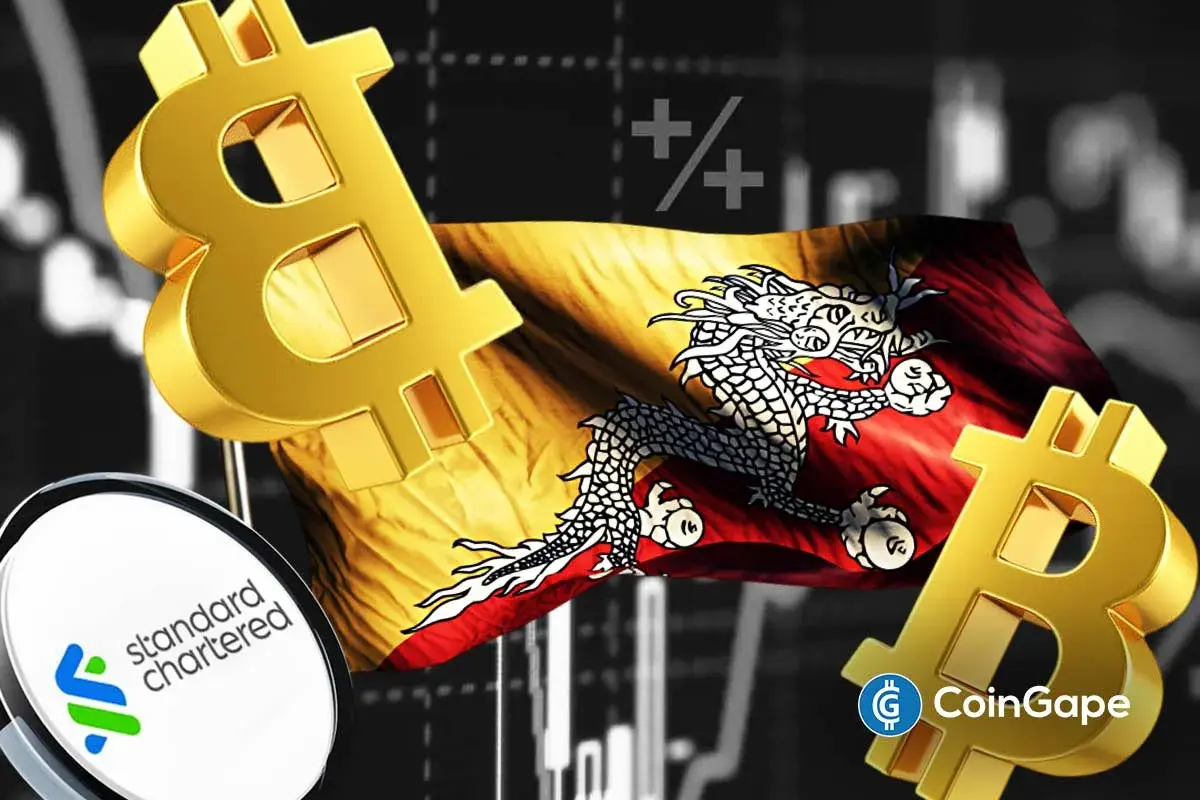Indonesian Religious Group Deems Crypto Assets as “Haram”

Indonesian religious group Nahdlatul Ulama has issued a fatwa against the use of cryptocurrencies, claiming it to be “Haram” or forbidden under Islamic laws. The debate around the use of digital assets in the Islamic world has been going on for years now, however, many Islamic countries including Dubai and Iran have wholeheartedly accepted the use of crypto assets and currently working towards making their use legal.
The decision to issue a fatwa against the use of digital assets came after a discussion held by the organization this week, reported a local daily. According to the reports, the discussion held on digital assets got heated up and was quite dynamic as they collectively decided that the use of digital assets could undermine the financial system. Another strong reason for disowning digital assets was attributed to its issue for illegal means. The official website of the organization posted a quote that read,
“Participants of the bahtsul masail formed a view, despite crypto already being acknowledged by the government as a commodity, that it cannot be legalized under the [Islamic sharia].”
The Islamic organization might have deemed crypto assets as Haram, but Indonesia as a country is quickly adopting digital assets as the adoption rate increased by 40% within the first two quarters of 2021.
Is Crypto Really Haram?
The status of digital assets as forbidden is not a common belief among the larger Muslim fraternity and has contrasting views varying from region to region. For example, a leading Sharia compliance expert in Malaysia claimed that the use of crypto assets is not haram and it is a legit form of currency.
Leading religious organizations in Dubai also had a similar belief until the central bank and the government decided to promote the use of digital assets. Thus, it is clear that the notion of religious groups about crypto assets is not uniform and thus their fatwa against such assets doesn’t impact the use beyond a certain region.
- Bhutan Government Cuts Bitcoin Holdings as Standard Chartered Predicts BTC Price Crash To $50k
- XRP News: Binance Integrates Ripple’s RLUSD on XRPL After Ethereum Listing
- Breaking: SUI Price Rebounds 7% as Grayscale Amends S-1 for Sui ETF
- Bitget Targets 40% of Tokenized Stock Trading by 2030, Boosts TradFi with One-Click Access
- Trump-Linked World Liberty Targets $9T Forex Market With “World Swap” Launch
- Cardano Price Prediction Ahead of Midnight Mainnet Launch
- Pi Network Price Prediction as Mainnet Upgrade Deadline Nears on Feb 15
- XRP Price Outlook Amid XRP Community Day 2026
- Ethereum Price at Risk of a 30% Crash as Futures Open Interest Dive During the Crypto Winter
- Ethereum Price Prediction Ahead of Roadmap Upgrades and Hegota Launch
- BTC Price Prediction Ahead of US Jobs Report, CPI Data and U.S. Government Shutdown


















